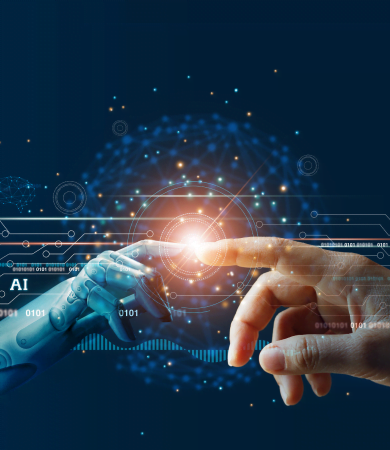One of the most exciting and transformative developments in the field of artificial intelligence is the emergence of agentic AI systems—intelligent agents specifically designed to autonomously manage and optimize complex payment operations. By 2025, these advanced AI systems will do much more than simply automate routine tasks. They will be capable of overseeing entire end-to-end payment processes, ensuring that every step is handled efficiently and accurately. AI-powered agents will continuously monitor payment workflows in real time, detecting and addressing inefficiencies before they escalate, while also resolving issues as they arise. These agents will be adept at tasks such as routing transactions through the fastest and most cost-effective processing channels, managing financial reconciliations, and responding to customer queries. With this level of automation, payment operations will become significantly smoother, faster, and more efficient. This will not only relieve human employees from repetitive tasks but also enhance the speed and accuracy of transactions, ultimately delivering better user experiences and enabling businesses to reduce operational costs.
The Future of Payments: How AI Will Transform the Industry by 2025
December 18, 2024 | by Sonika Thapa







